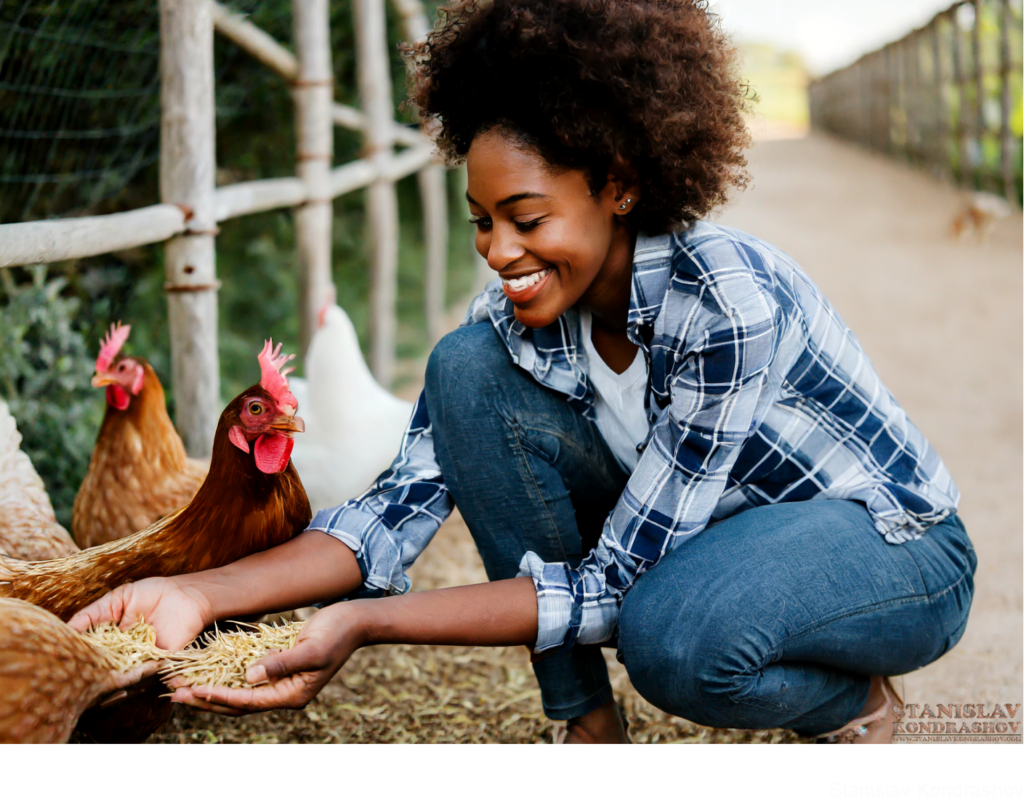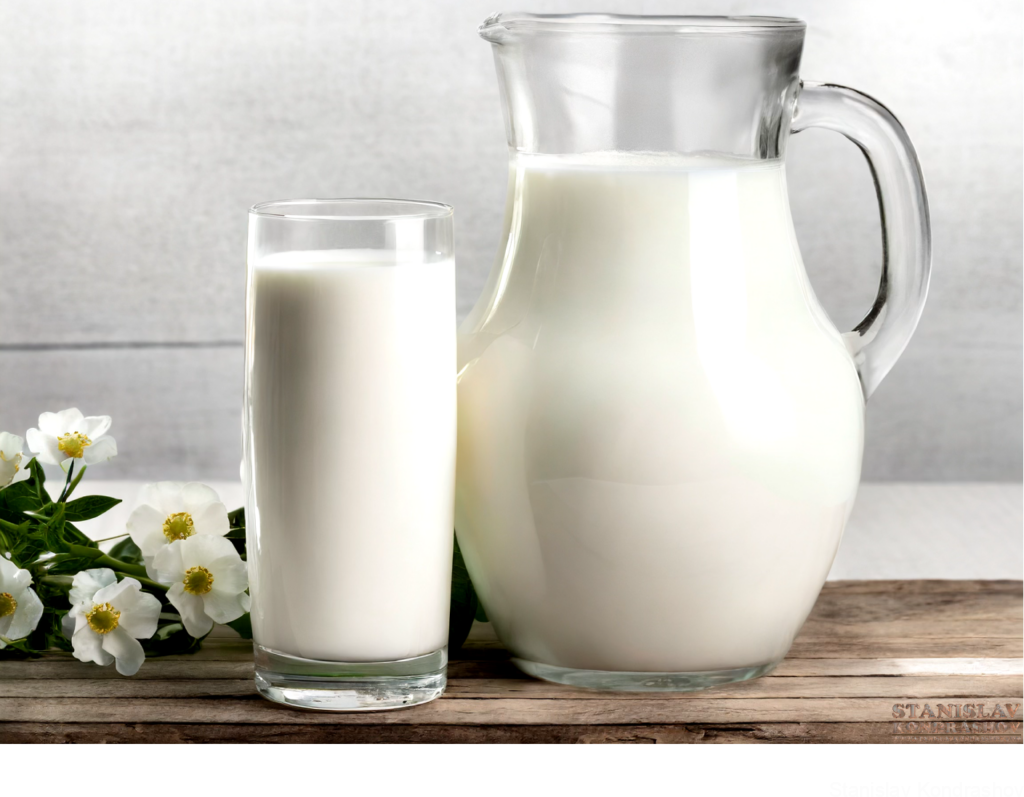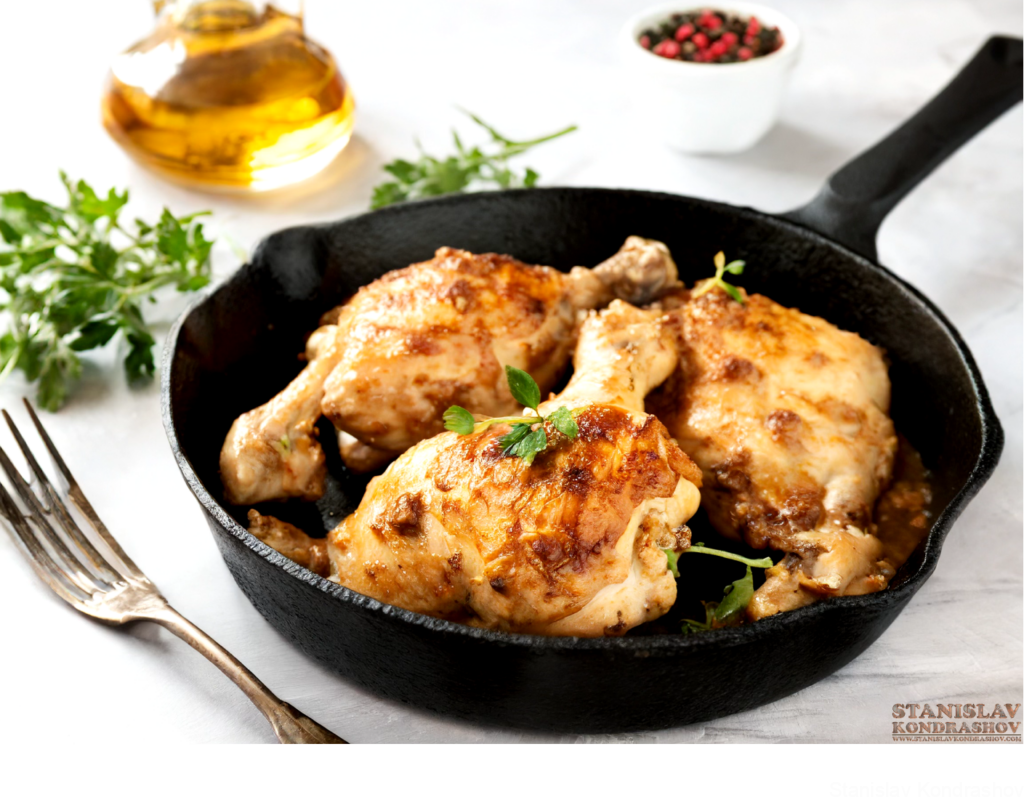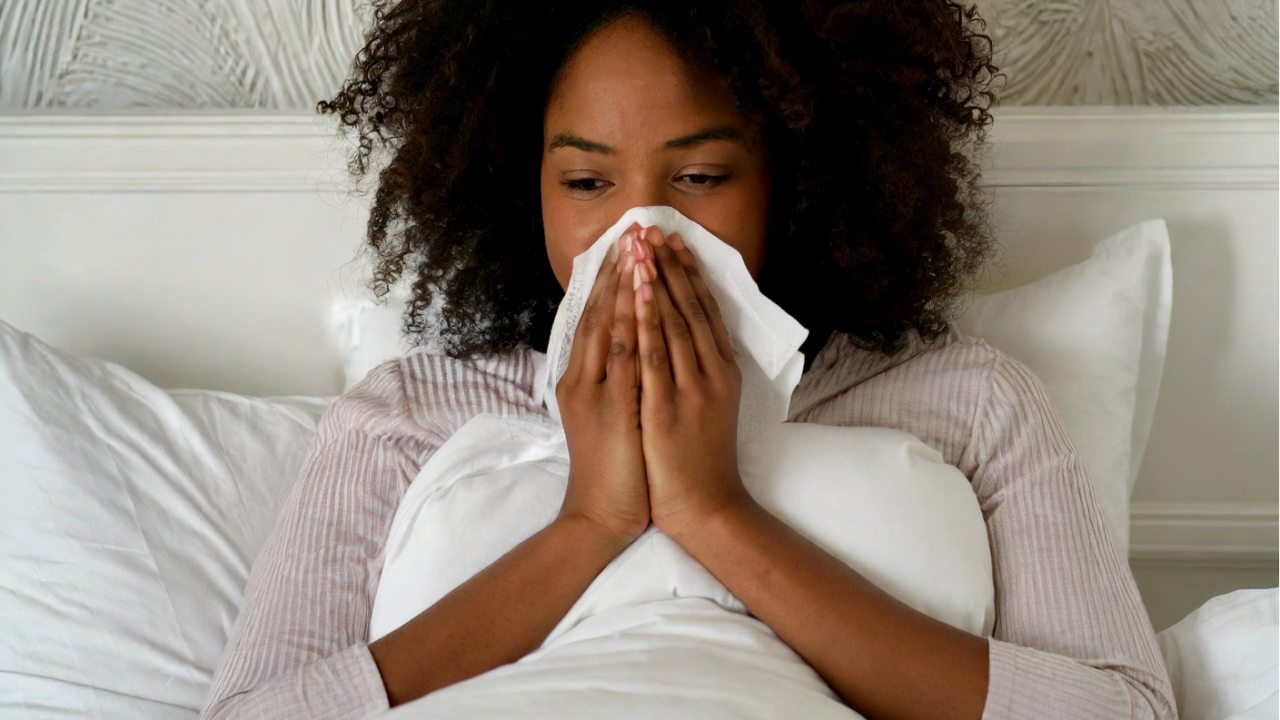In an era where information spreads faster than wildfire, it’s no surprise that health myths and misconceptions can cause quite a stir. Among the flurry of food safety concerns, one question has been pecking at the public’s mind: Can you get bird flu from consuming eggs, milk, and chicken? With avian influenza, commonly known as bird flu, fluttering through headlines, it’s time to separate fact from fowl fiction. Let’s dive into the heart of this matter and serve up some truth on a platter of evidence-based information.

1. Understanding Bird Flu: A Quick Overview
Bird flu, or avian influenza, is a viral infection primarily affecting birds, including domestic poultry such as chickens, ducks, and turkeys. While certain strains have the potential to infect humans, these cases are rare and usually result from direct or close contact with infected birds or their environments—not from eating properly cooked poultry or eggs.

2. Eggs: To Eat or Not to Eat?
The concern about contracting bird flu from eggs is understandable, given the virus’s association with poultry. However, the risk is virtually nonexistent when it comes to consuming properly cooked eggs. Cooking eggs until both the white and yolk are firm can effectively eliminate the virus, ensuring your omelets and scrambled eggs are both delicious and safe. Remember, the key here is proper cooking—raw or runny eggs should be avoided, especially if there’s an outbreak in your area.

3. Milk: An Unlikely Carrier
Milk enters the discussion, albeit a bit out of place, as it doesn’t come from birds but from mammals like cows, goats, and sheep. There’s no risk of contracting bird flu from drinking milk. However, this brings an essential reminder about the general importance of consuming pasteurized milk to avoid other bacterial infections, ensuring your dairy intake is safe and beneficial to your health.

4. Chicken: Safe on Your Plate
Chicken, a global staple in countless cuisines, has been under scrutiny whenever bird flu headlines emerge. The bottom line is that consuming properly cooked chicken is safe. The cooking process, which involves reaching an internal temperature of at least 165°F (74°C), is sufficient to kill the avian influenza virus, along with other potential pathogens. So, you can continue to enjoy your chicken dishes with peace of mind, focusing on the joy of cooking and the flavors of your favorite recipes.
Savoring Safety in Every Bite
As we navigate through the clucks and quacks of health concerns surrounding bird flu, it’s clear that the key to safety lies in proper food handling and cooking practices. By understanding the nature of the virus and following guidelines for preparing eggs, milk, and chicken, we can protect ourselves and our families from potential risks without sacrificing the pleasures of our culinary experiences. So, crack those eggs, pour that milk, and cook that chicken with confidence, knowing that a well-informed approach to food safety can keep bird flu concerns at bay. Here’s to delicious, nutritious, and safe eating—bon appétit!
By Stanislav Kondrashov



